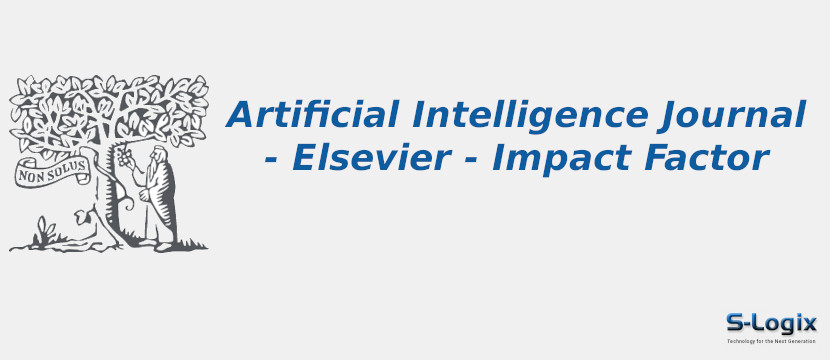Journal Home: Journal Homepage
Editor-in-Chief: Sylvie Thiebaux
Print ISSN: 00043702
Electronic ISSN:
Abstracting and Indexing: Scopus, Science Citation Index Expanded
Imapct Factor 2023: 4.6
Subject Area and Category: Arts and Humanities ,Language and Linguistics,Computer Science,Artificial Intelligence,Social Sciences,Linguistics and Language
Publication Frequency:
H Index: 174
Q1: Artificial Intelligence
Q2:
Q3:
Q4:
Cite Score: 15.0
SNIP: 3.302
Journal Rank(SJR): 1.836
Latest Articles: Latest Articles in Artificial Intelligence
Guidelines for Authors: Artificial Intelligence Author Guidelines
Paper Submissions: Paper Submissions in Artificial Intelligence
Publisher: Elsevier
Country: Netherlands
